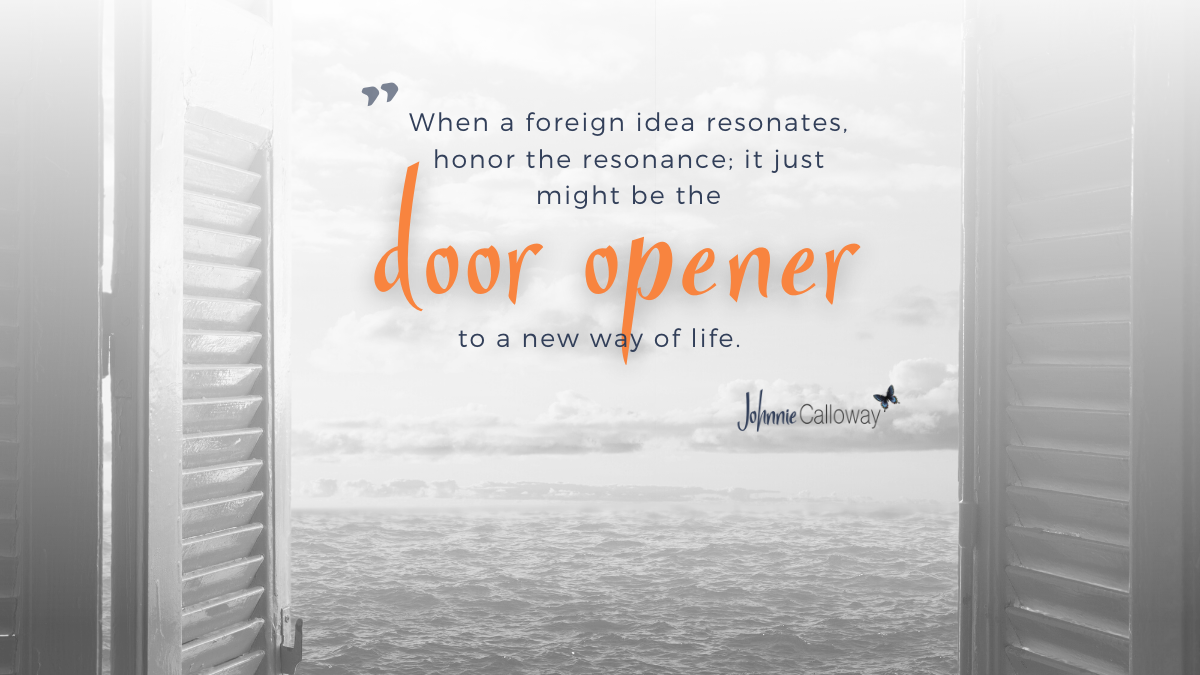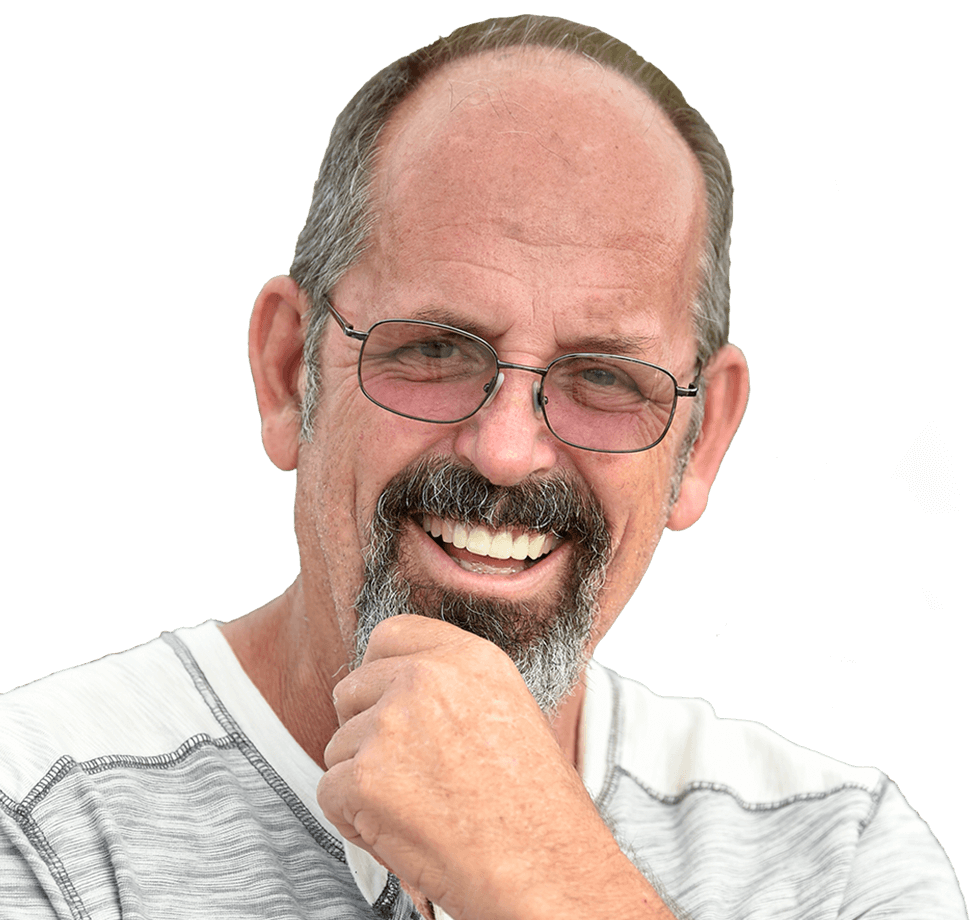There is one thing more than anything else vital to learning: first, to accept that we do not already know. An unspoken admission occurs whenever we ask someone else to be our guide; the admission is simple, ‘I do not know what is best for me right now.’ Admitting that we do not know what […]
The Thrive Global Community welcomes voices from many spheres on our open platform. We publish pieces as written by outside contributors with a wide range of opinions, which don’t necessarily reflect our own. Community stories are not commissioned by our editorial team and must meet our guidelines prior to being published.
By
- Johnnie Calloway, Author and Certified Thought Coach at The Institute For Transformational Thinking

There is one thing more than anything else vital to learning: first, to accept that we do not already know. An unspoken admission occurs whenever we ask someone else to be our guide; the admission is simple, ‘I do not know what is best for me right now.’ Admitting that we do not know what is best for us is our first real experience with honesty, and this type of honesty is typically our first introduction to humility.
Other components come into play. Whenever we ask someone to lead us, we have decided to trust that person, and we have begun to connect, and connection fosters hope. For most, the decision to trust (which is difficult at best) is paramount to our spiritual growth.
We must reach a point where we accept that our way of doing things on our own has not brought us the peace we seek. And, therefore, we surrender. Acceptance and surrender are usually followed by our willingness to have an open mind.
Once our minds are open completely, our guides can help us write a new script to follow. Accepting that the script that we live our lives by, as we wrote it, has not taken us to where we want to go or to be who we want to be. The level of honesty that an open mind requires is not commonly known to us. By opening our minds, they become a clean slate, and we become like newborns rewriting our destinies.
When we admit that we do not know, we become teachable. It would be easy to say now that at this point, the teacher would appear. But it would not be a correct statement. Many teachers have already appeared at this point, they may not have been recognized as teachers, but they have been with us. Our guides or mentors may have only been a passerby, who in passing said a kind word or someone who quoted a book and led us to read it, thus changing our lives forever.
I cannot emphasize the importance of honesty, open-mindedness, willingness, admission of defeat/surrender, connection, hope, and trust. It does not take the perfection of any of these virtues to begin; only a little willingness is needed.
Our lessons may come in a wide variety of methods, the words of a song that we have listened to a thousand times, that we seem to suddenly hear differently, the words of a friend that we can now understand, or they can come from a thought that we have while we sit quietly with ourselves and listen to our ideas.
Our mentors may come for a day, a week, or a lifetime, but when we are ready to learn, they are prepared to teach in whatever form of teaching we need and are ready for at the time. We cannot hear until we are prepared to listen, and we cannot see until we are prepared to see, and it all begins with desire. “You have no idea the power of your wanting.”

Johnnie Calloway, Author and Certified Thought Coach at The Institute For Transformational Thinking
Johnnie Calloway has written three books, Dragons to Butterflies, The Bridge, and The Final Mile Home. Johnnie hosts the podcast Morph Into A New You, where he focuses on the power of and the importance of thought management. Johnnie is a Certified Thought Coach and Thought Coach trainer.
He has over thirty years of Twelve Step Recovery and over thirty years of A Course in Miracles training. Using the spiritual principles of these two powerful pathways he has learned to navigate through his adversities; living with substance abuse disorder, PTSD, Bipolar Disorder, Clinical Depression, and being an abused child, to living with a reasonable peace of mind. Johnnie has now devoted his life to helping others navigate the turbulent waters of mental health and find their own peace of mind by teaching them to manage their own thoughts.
Share your comments below. Please read our commenting guidelines before posting. If you have a concern about a comment, report it here.







